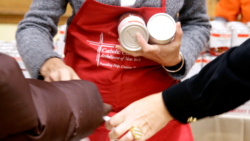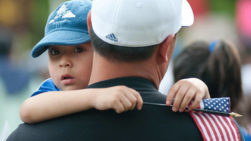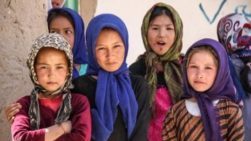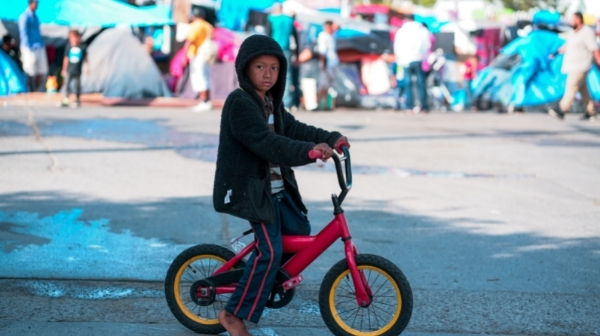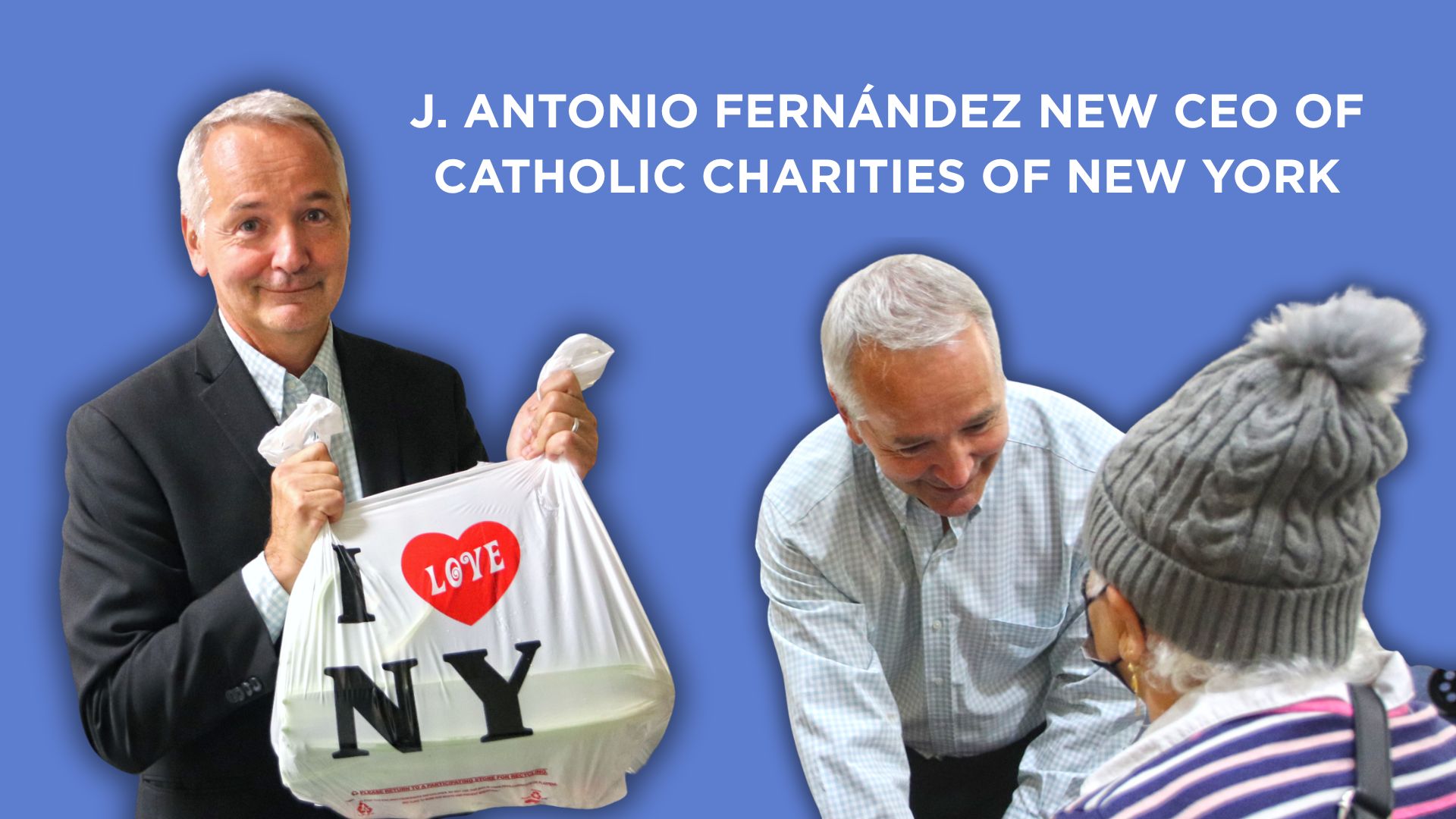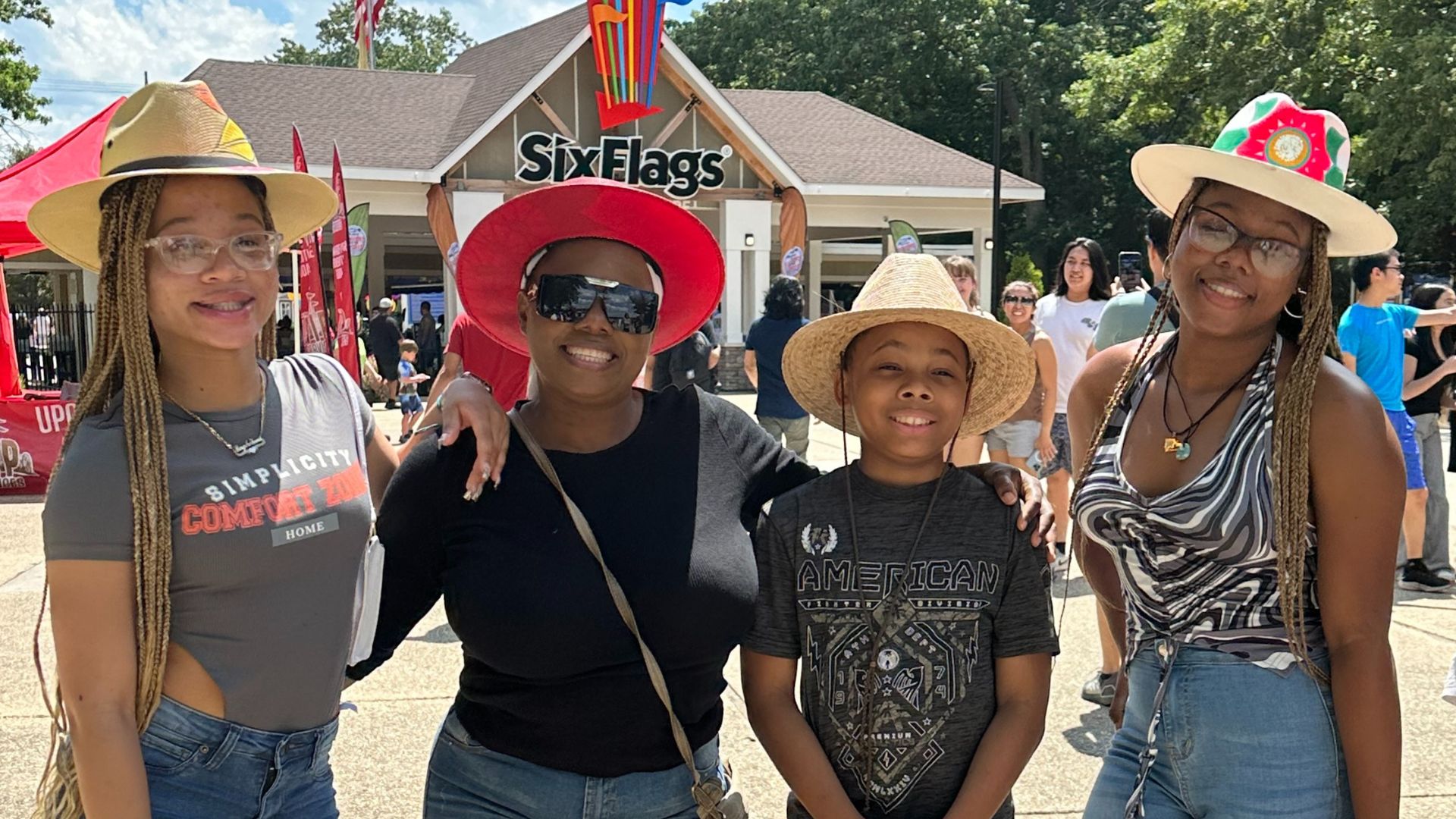Catholic Charities of the Archdiocese of New York’s Legal Orientation Program for Custodians (LOPC) assists unaccompanied minors and their caregivers.
- What happens to unaccompanied minors who arrive in the United States and are then reunited by the government with parents, relatives, or family friends?
- How do these children and their guardians or sponsors navigate the confusing immigration system?
- What about school enrollment and medical care?
Let’s meet Josue. Both Josue and his uncle work with the Catholic Charities LOPC program. Josue is a 14-year-old from Guatemala who fled threats of violence from gangs after he refused to join a gang in his home town. He had to flee his home immediately when his home was shot at as a warning from the gang he rejected. The next morning, Josue said goodbye to his parents and younger sister. His belongings including his most prized possession, his Ronaldo soccer jersey, were stuffed into his backpack and he boarded a train to the Guatemala-Mexico border, where his journey to the U.S. began. When Josue arrived in the U.S., he was classified as an “unaccompanied minor” and was held in the custody of the Office of Refugee Resettlement prior to being released to his uncle. His case worker at the children’s shelter registered Josue’s uncle for a Legal Orientation Program for Custodians (“LOPC”) presentation at Catholic Charities to learn more about the immigration court process, the immigration relief that may be available to Josue, as well as his rights and responsibilities as Josue’s sponsor in the United States.
Josue’s uncle, with whom he now lives—along with many children and custodians like them—attended the LOPC orientation about a week after Josue was flown to New York. That night, Josue’s uncle returned home with an information packet he received from Catholic Charities, which he reviewed with Josue. Asylum was discussed, as was the phone call scheduled for the next day with an LOPC staff member to assist Josue’s uncle with enrolling his nephew in school and to connecting Josue to mental health and medical care at a partner organization. A legal consultation with a Catholic Charities attorney was also requested by Josue’s uncle to discuss the process more with Josue.
Each custodian, like Josue’s uncle – and, by extension, each minor, like Josue – is given individualized care to ensure comfort and stability, as well as hopefully a future, in the United States. Aware of the trauma, confusion and frustration experienced by both the minors and the custodians, Catholic Charities’ LOPC staff seeks to make the difficult transition into the U.S. and its accompanying immigration process as simple as possible to navigate and understand.


